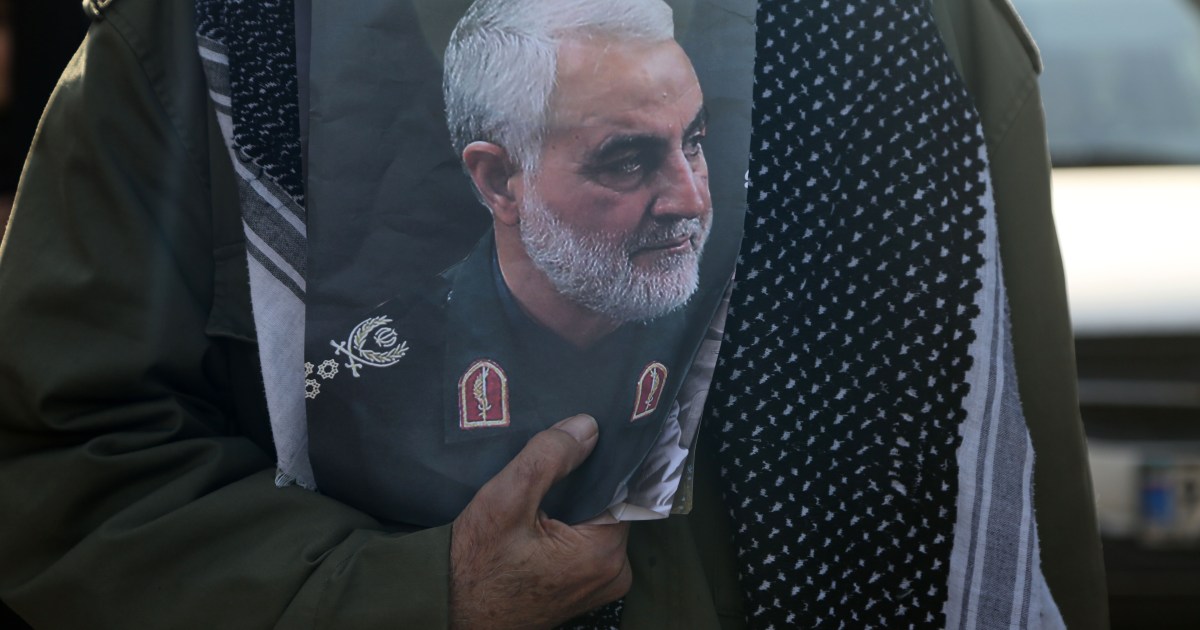The United States has strongly criticized a UN report that concluded that the killing of the commander of the Quds Force in the Iranian Revolutionary Guards, General Qassem Soleimani, with a US strike in Baghdad in January, was "illegal".
"It takes a special degree of intellectual dishonesty to issue a report condemning the United States for its actions in self-defense, and in turn shining the image of General Soleimani, who is known to have been one of the most dangerous terrorists in the world," State Department spokeswoman Morgan Ortigas said on Wednesday.
It described the report as "bored and bored" that "undermines human rights by giving it a license to terrorists, and again proves that the United States was right to leave it" from the United Nations Human Rights Council.
The United Nations Special Rapporteur on random executions and extrajudicial killings declared that Agnese Calamar that the assassination of Soleimani was "an arbitrary killing" violated the UN Charter.
It considered that the strike constituted a violation of the United Nations Charter in light of "not providing sufficient evidence of a continuing or imminent attack."
While Soleimani was responsible for Iran's military strategy and actions (committed) in Syria and Iraq, she said, due to the absence of any real and imminent threat to the lives of people, the move the United States made was illegal.
Calamard will present her report on the killings using armed drones, about half of which addresses the Soleimani case, to the Human Rights Council during Thursday's session. Washington withdrew from the council in 2018.
US President Donald Trump ordered the killing of Soleimani with a strike by a drone plane near Baghdad International Airport on January 3.
Trump said at the time that Soleimani was "the world's largest terrorist" and should have been "eliminated long ago." The strike also resulted in the killing of the deputy head of the Iraqi Popular Mobilization Forces, Abu Mahdi al-Muhandis.
Iran pledged then to avenge the killing of Soleimani, while an emergency meeting of the Iranian National Security Council was held to discuss the appropriate response.
The Supreme Leader of the Iranian Republic, Ali Khamenei, declared three days of mourning, threatening the United States that Iran's revenge would be "overwhelming." Khamenei vowed revenge for "criminals whose hands were stained with his blood (Soleimani) and the blood of other martyrs."

